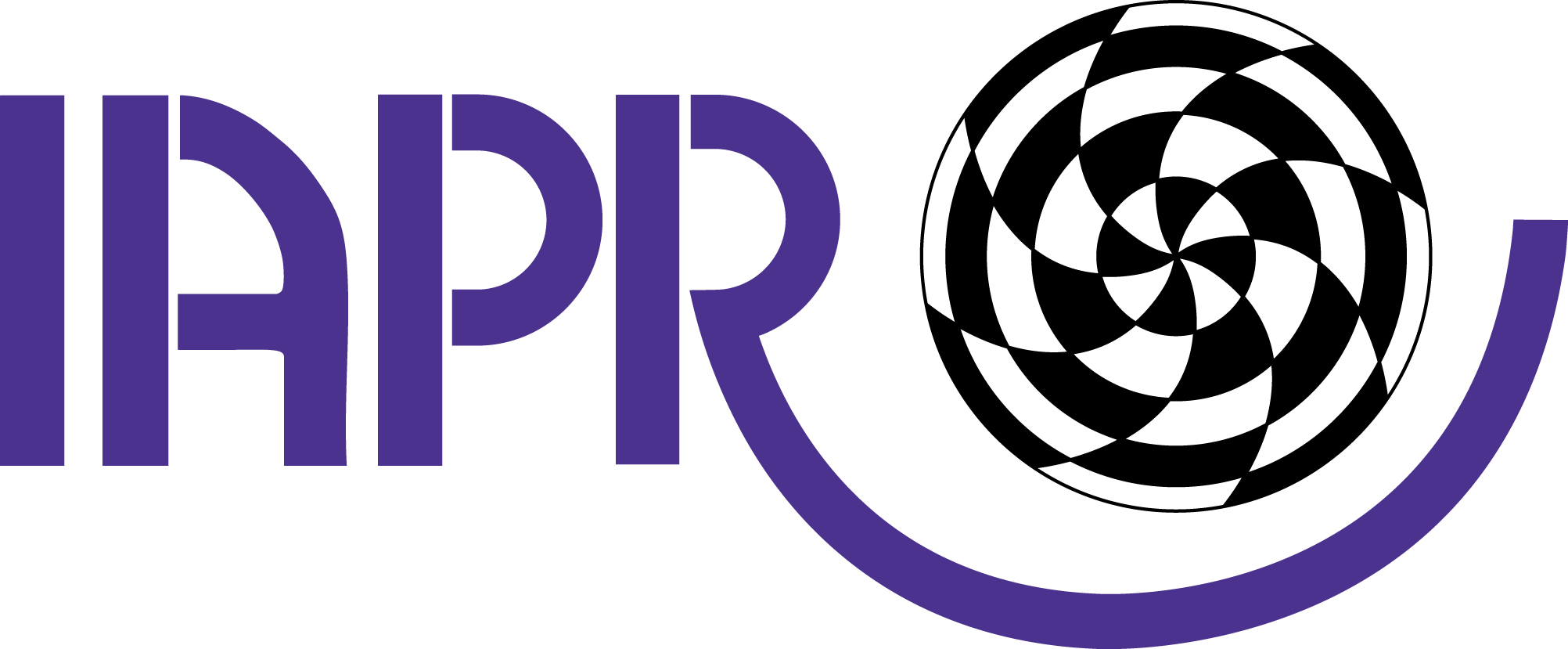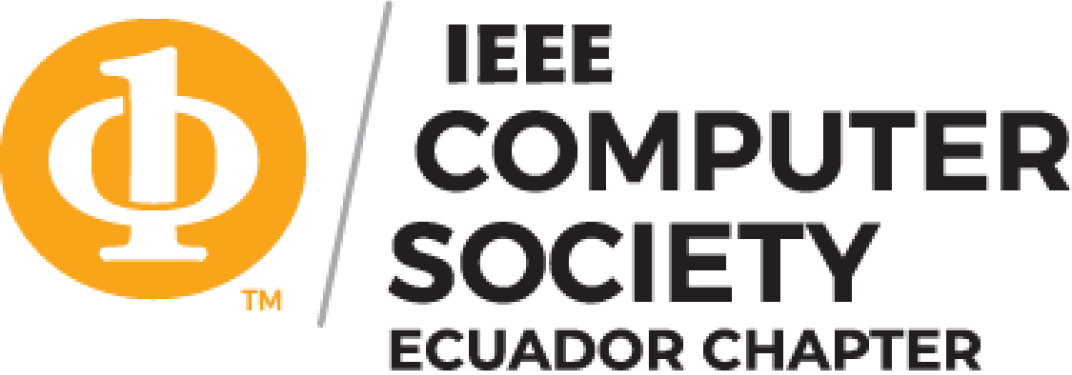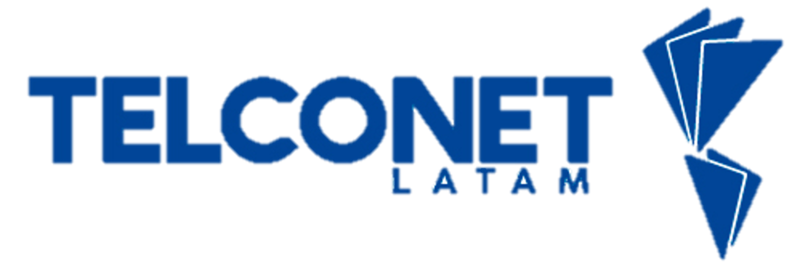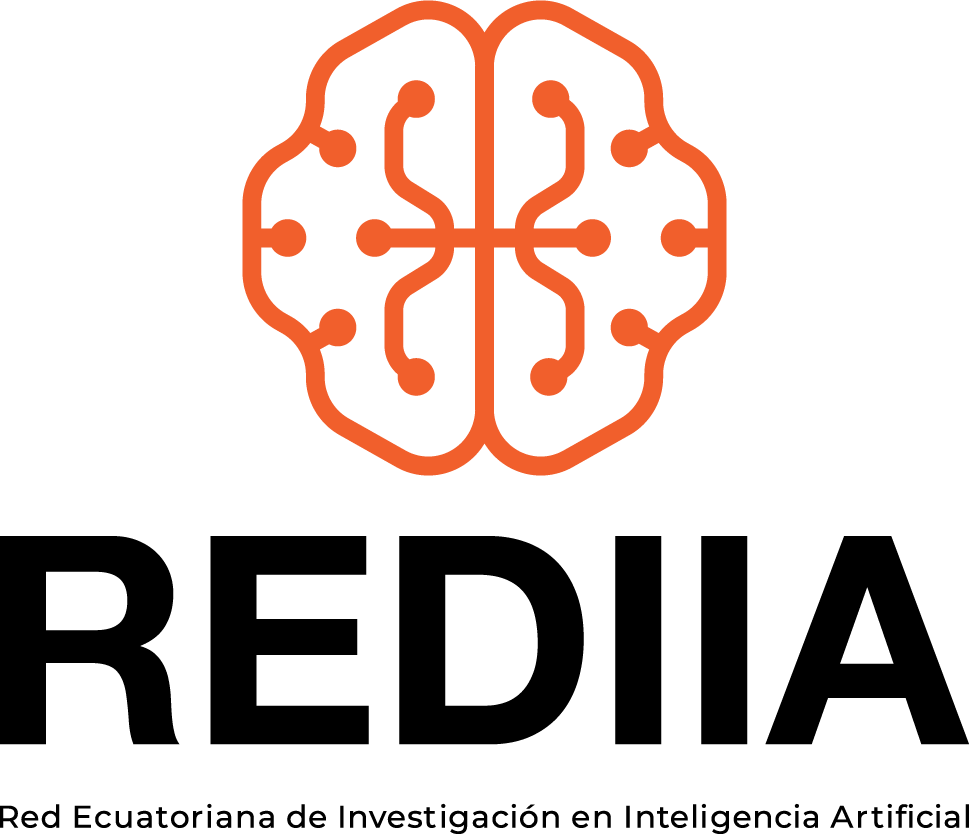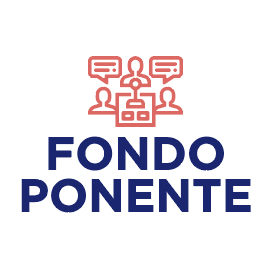About
The IEEE 13th International Conference on Pattern Recognition Systems (ICPRS) is an annual event that follows ICPRS-22, ICPRS-21, ICPRS-19, ICPRS-18, ICPRS-17 and ICPRS-16, a continuation of the successful Chilean Conference on Pattern Recognition that reached its 6th edition in 2014. In 2023 it is organised by the Escuela Superior Politécnica del Litoral (Guayaquil - Ecuador) and the Chilean Association for Pattern Recognition (ACHiRP, a member of the IAPR), endorsed by the IAPR (International Association for Pattern Recognition) and co-sponsored by IEEE Ecuador Chapter, IEEE CIS Society. Papers deemed to be of the required standard AND presented at the conference, will be published by the IEEE and indexed in IEEE Xplore. Please note that the publishers might reject papers which are too similar to previous publications, even if the work is presented at the conference. All paper submissions need to be submitted via Conftool to be peer-reviewed by an international panel of experts. Extended versions of selected papers will be considered for a special issue publication in an indexed Journal (TBA).
The IEEE International Conference on Pattern Recognition Systems (ICPRS-23) aims to create an important networking forum in which participants can discuss the present and future of pattern recognition systems.
Its predecessors ICPRS-22, ICPRS-21, ICPRS-19, ICPRS-18, ICPRS-17, ICPRS-16, CWPR and CCPR, have traditionally been a meeting point of different disciplines (computer science, engineering, mathematics, machine learning, etc.) and an opportunity for a wide range of researchers and practitioners to discuss the many different aspects of the application of pattern recognition technologies.
Where
A hybrid event, hosted by Escuela Superior Politécnica del Litoral (ESPOL), Guayaquil - EcuadorWhen
Tuesday to Friday
04-07 July, 2023
Call For Papers
We also welcome "Datasets Papers" that introduce a new public dataset and a baseline to encourage new lines of research.
This conference will be hybrid to allow as many authors, invited speakers and delegates to participate from any part of the world, but also to allow face-to-face networking for those that can attend physically. This year the Conference will include different types of contributions:
- Regular papers: up to 6 pages (plus 1 page of references)
- Short papers: up to 4 pages (plus 1 page of references)
- Doctoral Symposium on Pattern Recognition Techniques: up to 6 pages (plus 2 pages of references)
There will be a special category of "Student Papers" (either regular or short), where the first author must be a student (undergraduate or postgraduate). There will be a special prize for best student paper.
All paper submissions will be submitted on-line to be peer-reviewed by an international panel of experts. Please note that all papers will be checked by a plagiarism detecting software so that papers that exceed a threshold of coincidence will not be passed on for reviews.
Also please note that reviews will be double-blind so please do not include author names and affiliations in your paper (also do not cite your previous work as "in our previous paper [x]", etc.).
There is an A4 pdf version of the conference call for papers as well as an A3 size version and an A2 size version, suitable for printing and displaying on announcement boards! :-)
Prospective authors are invited to submit full papers papers describing novel and previously unpublished results on all aspects of Pattern Recognition Systems, from academia, industry, NGOs and others, to be selected for oral presentations or posters, on topics including, but not limited to:
- Artificial Intelligence Techniques in Pattern Recognition
- Bioinformatics Clustering
- Biometrics (including face recognition)
- Computer Vision
- Dataset: a new public dataset and baseline
- Data Mining and Big Data
- Deep Learning and Neural Networks for Pattern Recognition
- Document Processing and Recognition
- Fuzzy and Hybrid Techniques in PR
- High Performance Computing for Pattern Recognition
- Image Processing and Analysis
- Kernel Machines
- Mathematical Morphology
- Mathematical Theory of Pattern Recognition
- Medical Image Processing and Analysis
- Natural Language Processing and Recognition
- Object Detection, Tracking and Recognition
- Pattern Recognition Principles
- Pattern Recognition for optimization
- Real Systems, Applications and Case Studies of Pattern Recognition (e.g. health, environment, weather prediction,natural disasters, transportation, etc.)
- Robotics
- Remote Sensing
- Shape and Texture Analysis
- Signal Processing and Analysis
- Social Media and HCI
- Signal Processing and Analysis
- Statistical Pattern Recognition
- Syntactical and Structural Pattern Recognition
- Time series prediction
- Voice and Speech Recognition
- ML for biodiversity data analysis and environmental applications (Prof. Ebroul Izquierdo)
- Team Sports Analysis (Dr. Varuna De Silva)
- New trends in pattern recognition for autonomous vehicles (Prof. Arturo de la Escalera)
IMPORTANT DATES:
- Paper submissions:
6th March '23extended dead line 20th March '23 - Notification of acceptance:
14th April '2321st April '23 - Camera-ready papers:
7th May '2321st May '23 - Early Registration: 30th May '23
Submissions
- Paper length can be up to 6 pages (plus 1 page of references) for regular papers, 4 pages+1 ref (short papers)
- Papers must be written using the IEEE templates (please use A4 size).
- Papers must be written in English.
- To submit a paper, please click here. If you have not yet done so, you will need to create an account (if you participated in ICPRS-22 you might already have an account). PLEASE NOTE that the special "Student Paper" category requires the first author to be a registered student at the time of submission, otherwise use the normal paper category.
- Please note that an accepted paper will only be sent to the publishers if at least one of its authors registers at a normal (not student) delegate fee
- Further details for submitting your paper will be given later in the year
IEEE Copyright:
For any questions on IEEE Copyright and publication, please contact the Publications ChairKeynote Speakers
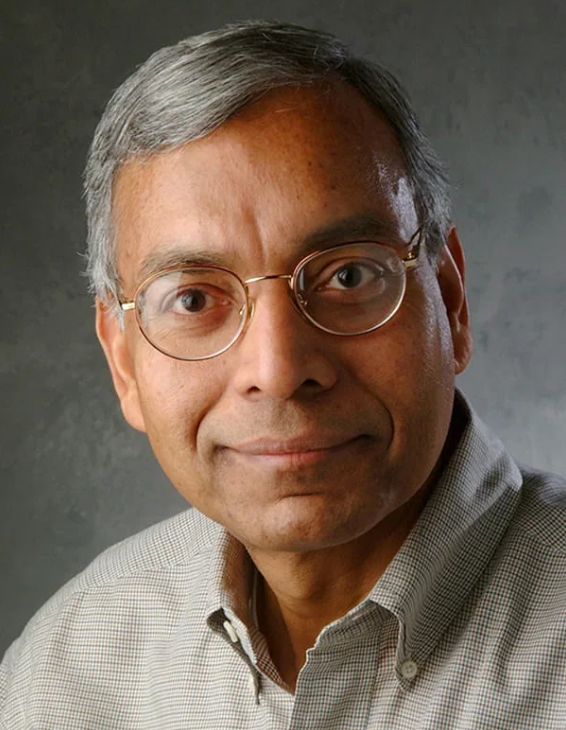
Distinguished Prof. Anil K. Jain
Department of Computer Science and Engineering at Michigan State University, Michigan
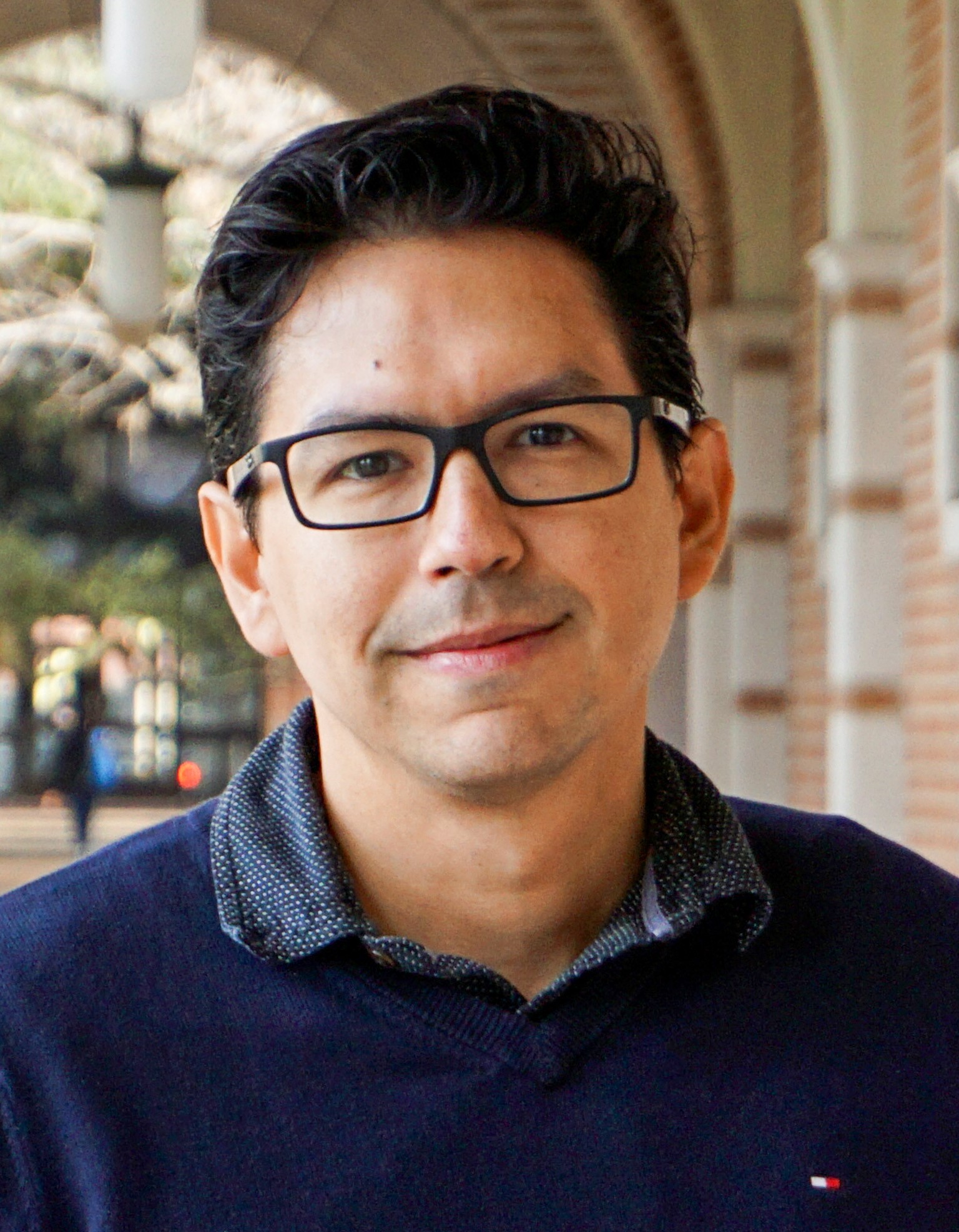
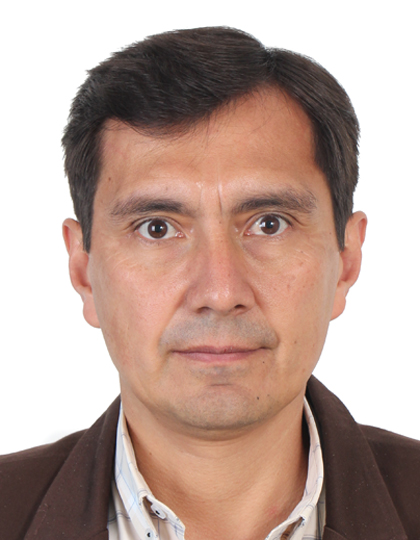
Dr. Enrique V. Carrera
Universidad de las Fuerzas Armadas - ESPE, Ecuador
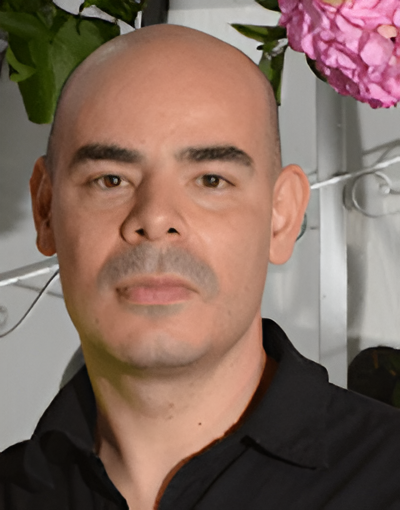
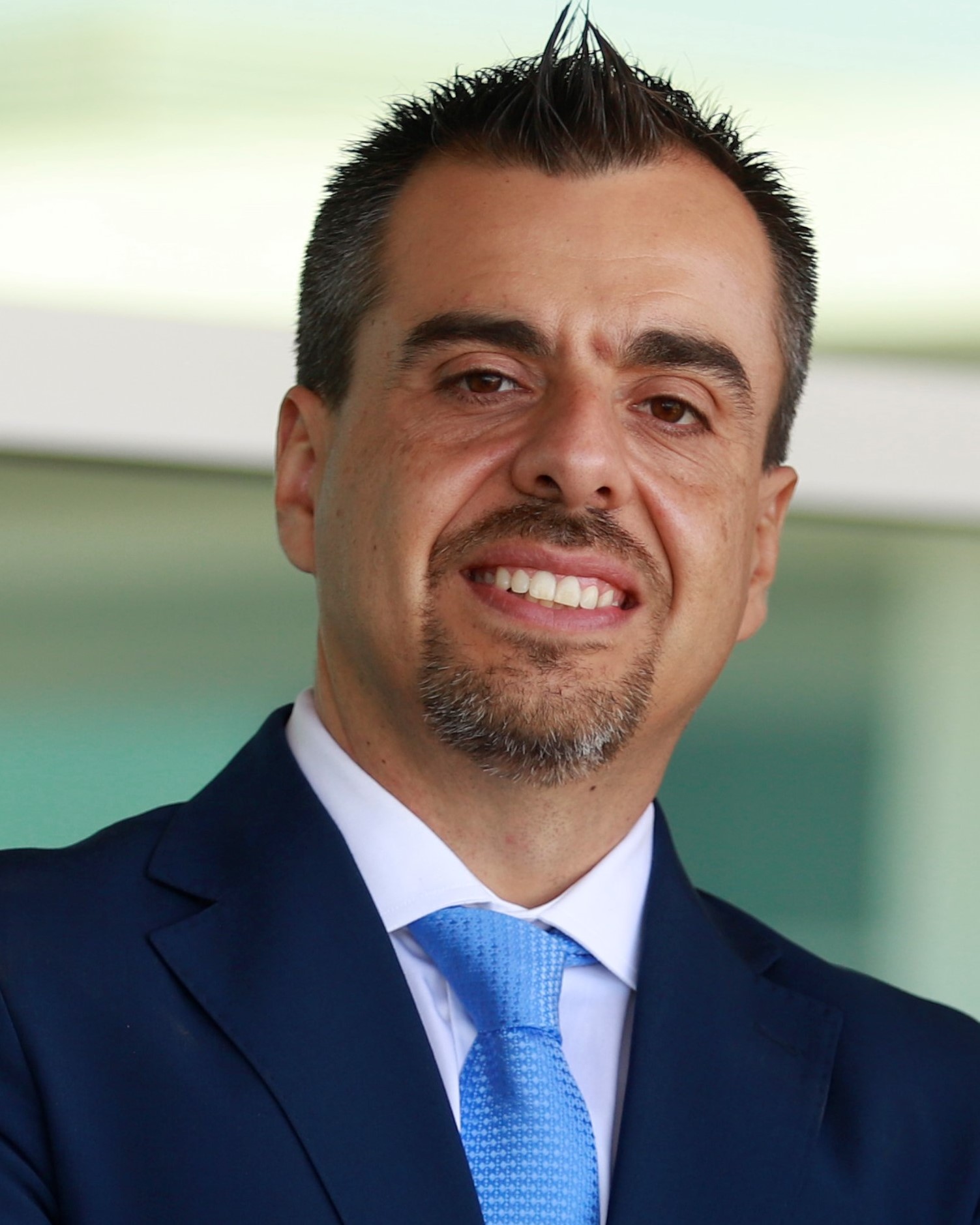
Prof. Sebastián Maldonado
Department of Management Control and Information Systems, School of Economics and Business, University of Chile, Chile
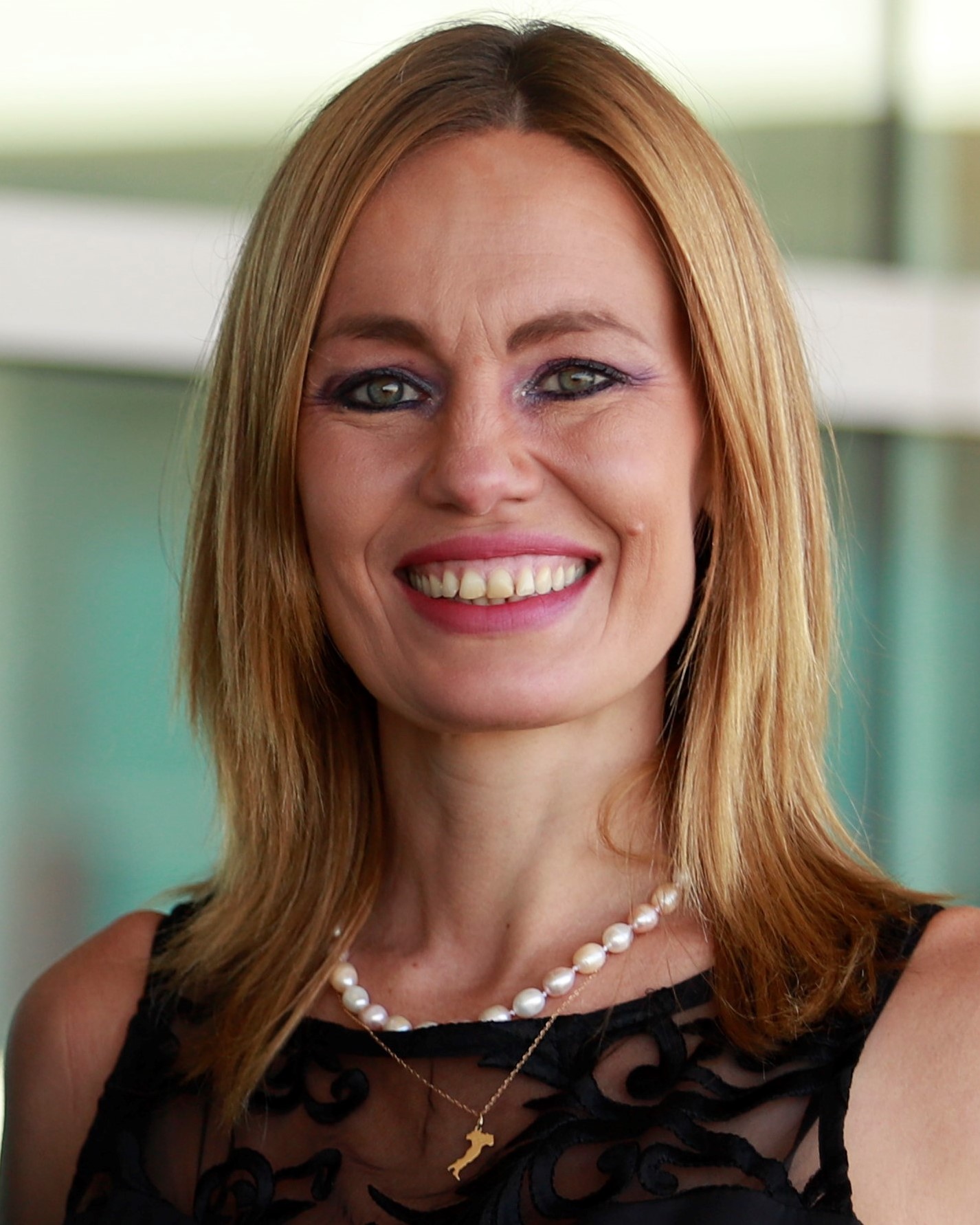
Prof. Carla Vairetti
Universidad de Los Andes, Chile
Doctoral Symposium
- Present their research work in a scientific environment
- Receive feedback and suggestions from peers and experienced faculty
- Gain an overview of the breadth and depth of the computational intelligence field
- Obtain insights on applied deep learning research taken by other doctoral candidates
- Discuss concerns about research, supervision, the industry, and other issues
- Network with peers and future colleagues
Advisory Board
The symposium's advisory board will comment each presentation and at the end of the Symposium there will be a general discussion, including an analysis about the current and future research topics in the area.
Requirements and Rules
- Open to Doctoral or Ph.D. Students only
- Each student with an accepted paper at the Doctoral Symposium must register and attend the ICPRS 2023 Conference, a special fee applies
- Each paper must be presented by the student
- Submissions will be judged mainly on relevance, originality, technical quality, and clarity
- Paper length: up to 6 pages plus up to 2 pages of references, following the IEEE conference templates (please use A4 size, we advise to use LaTeX)
- Papers must include the following:
- Research problem
- Outline of objectives
- An in-depth study on the state of the art, this section should be three or more pages of the manuscript, and it should highlight drawbacks of current approaches
- Methodology
- Expected outcomes
- Stage of the research
Workshops
- Workshop 1 - Preprocessing techniques for clinical images prior to deep learning training (4th July morning, Ecuador time)
- Workshop 2 – Designing deep learning models for pattern recognition (4th July afternoon, Ecuador time)
Workshop 1 - Preprocessing techniques for clinical images prior to deep learning training
Date: 4th July morning, Ecuador time
Description
This is a hands-on workshop which introduces the concepts and techniques for pre-processing tabular data as well as 3D medical images, such as the Magnetic Resonance Images (MRI). This workshop will be the first of a series of two workshops, where participants will be learning by doing the techniques for preparing tabular data and 3D images, before they can be used for training deep learning models. The second workshop will be offered on the afternoon 4th of July and will be about designing deep learning models for pattern recognition.
Objectives
- To understand what 3D medical images are, why they are relevant, and for what purposes
- To perform an exploratory data analysis on 3D image datasets in common formats, such as DICOM and NIFTI, using free software tools
- To pre-process data according to the objectives and algorithms’ requirements
- To analyze and understand the results
For this hands-on workshop we will provide access to computers, as well as to standard data science/machine learning tools, such as:
- Python
- NumPy
- Jupyter Notebook
- PyDicom
- NiBabel
- ANTs
- ITK
- 3D Slicer for viewing and annotating 3D volumes
- MriCron for viewing and overlapping 3D volumes
Workshop 2 – Designing deep learning models for pattern recognition
Date: 4th July afternoon, Ecuador time Description
The increasing use of deep learning (DL) techniques for solving challenging tasks, such as recognizing and segmenting patterns has raised new disruptive DL architectures. This ICPRS’s workshop explores one of the cutting-edge architectures, the Vision Transformers for medical image segmentation. The Vision Transformer (ViT) emerged as a competitive alternative to convolutional neural networks (CNNs) that are currently the state-of-the-art in natural language processing and computer vision, therefore widely used in solving image processing tasks. This workshop will be the second of a series of two hands-on workshops, where participants will be learning by doing the design and implementation of a ViT architecture for both, classification and segmentation tasks using 3D medical imaging datasets, such as Magnetic Resonance Images (MRI).
Objectives
- To understand the transformer architecture
- To explore the vision transformers architecture for medical image segmentation
- To design and tarin a model based on vision transformer from scratch, using 3D MRI
- To analyze and understand the results
We will provide access to computers, as well as to standard data science/machine learning tools, such as:
- Python
- NumPy
- Jupyter Notebook
- Pytorch
Programme
The details of the conference program can be downloaded here.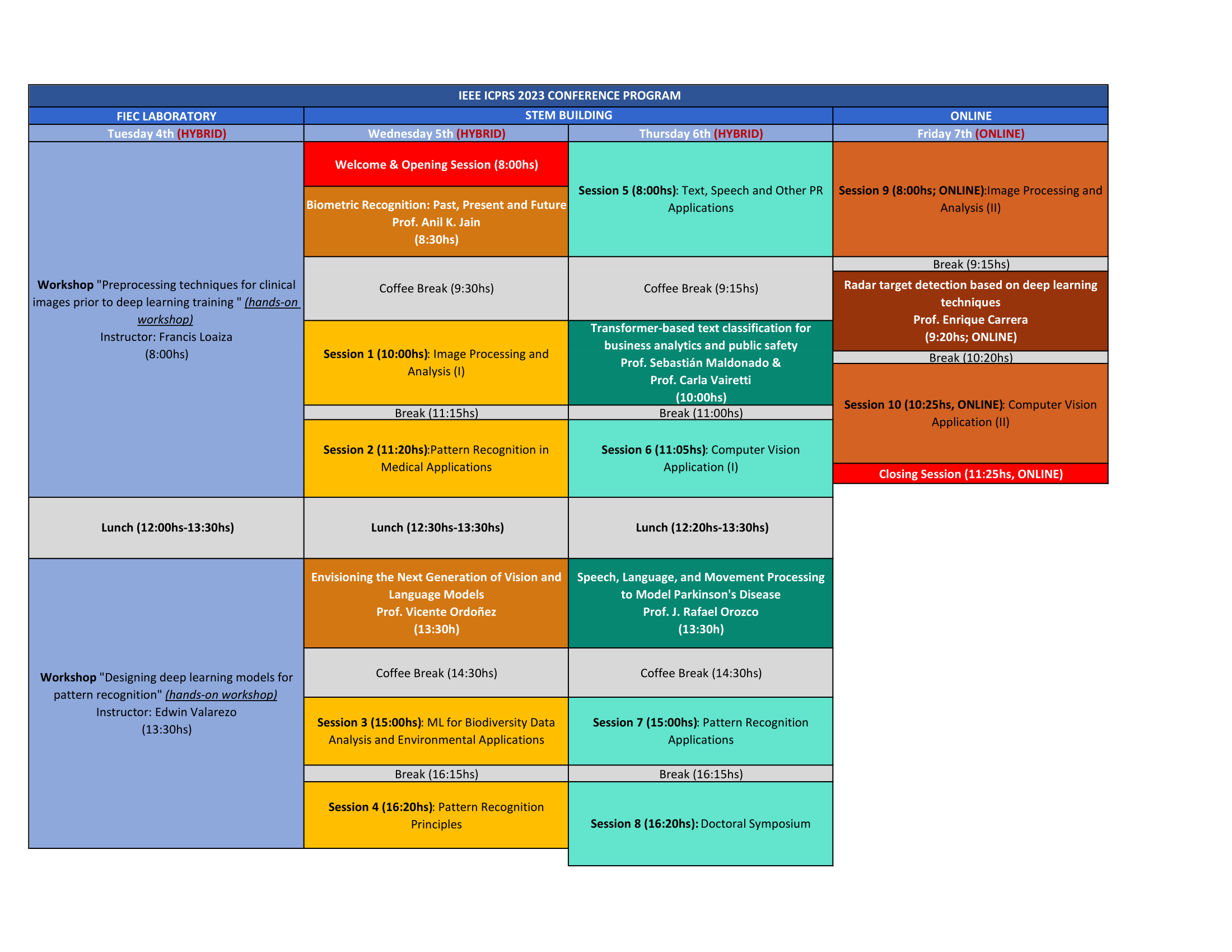
Registration
All authors of accepted papers and all other attendees, will need to register on the EventBrite system (please note that there is an extra administration charge by EventBrite). The Eventbrite system that we use should be able to give you a receipt and an invoice (provided that you also enter your organisation's details and tax reference number). NOTE: The system only accepts payments via all major credit cards. Please contact one of the Local Chairs for any issues with registration.
For an accepted paper to be presented and published, it needs to be associated to an "Author Full Fee" registration (and not to a Student or an Other registration). If only a student author is attending the conference and presenting their paper, then they need to pay an "Author full fee" (and not the student fee). We have to operate like this to cover conference and publishing costs. Also, if one of the authors registers as "Author Full Fee", additional authors of the same paper who also want to attend the conference only need to pay a lower fee e.g. as Student or Other, as appropriate to their status. Following IAPR policy, each author full fee registration will cover the presentation of up to three papers by the registered person who also needs to be a co-author of those papers. Presentation of additional papers beyond those three, by the same conference delegate will require the payment of an additional full author fee. In all cases there are reductions for members of the sponsoring organisations.
The fee structure is as follows (these fees include attendance to Workshops and the Doctoral Symposium, all fees are given in US dollars, but please note that EventBrite will charge in British Pounds (GBP) (the exchange rate has been set to USD 1.239/GBP, the Bank of England rate at the time that the system was set-up, the actual equivalent in USD will vary depending on when the payment was made):
| Category (*) | Early Bird Fee (until 30 May 2023) |
Standard Fee (until 24 June 2023) |
Late Fee (from 25 June 2023) |
|---|---|---|---|
| Author member Full Fee (IEEE/IAPR/ACHIRP/IET) | 325 | 390 | 470 |
| Author non-member Full Fee | 380 | 450 | 550 |
| Student member (IEEE/IAPR/ACHIRP/IET) | 80 | 100 | 120 |
| Student non-member | 120 | 144 | 170 |
| Other member (IEEE/IAPR/ACHIRP/IET) | 100 | 120 | 144 |
| Other Non-Member | 150 | 180 | 216 |
| Additional page | 30 | 36 | 45 |
For registration only to Workshops (*) |
|
|---|---|
| IEEE/IAPR Student member | 20 |
| Student non-member | 40 |
| IEEE/IAPR member | 40 |
| Professional non-member | 60 |
Accommodation
Please, to use the “ICPRS 23 – Special Fee”, do the booking by sending an e-mail or WhatsApp with your information directly to the hotel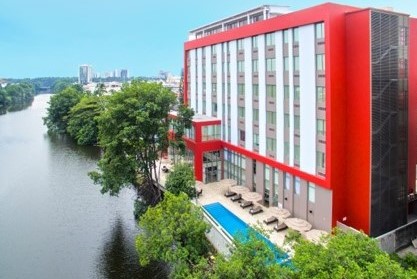
Radisson Hotel
Contact: Jamilet Cantos
Phone: +593 (4) 6008080 / 6008084
Mobile/Whatsapp: +593 (9) 79401764
E-mail: jamilet.cantos@ghlhoteles.com / reservas@radissonguayaquil.com
Reference: ICPRS 23 - Special Fee
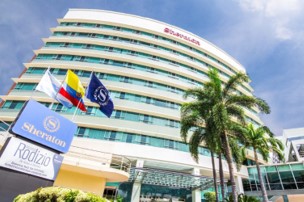
Sheraton Hotel
Contact: Mónica Emen
Mobile/Whatsapp: +593 (9) 99195215
E-mail: reservas@sheratonguayaquil.com
Reference: ICPRS 23 - Special Fee

Hotel Palace
Contact: Mario Vasconez
Mobile/Whatsapp: +593 (9) 80896094
E-mail: mercadeo2@hotelpalaceguayaquil.com.ec
Reference: ICPRS 23 - Special Fee
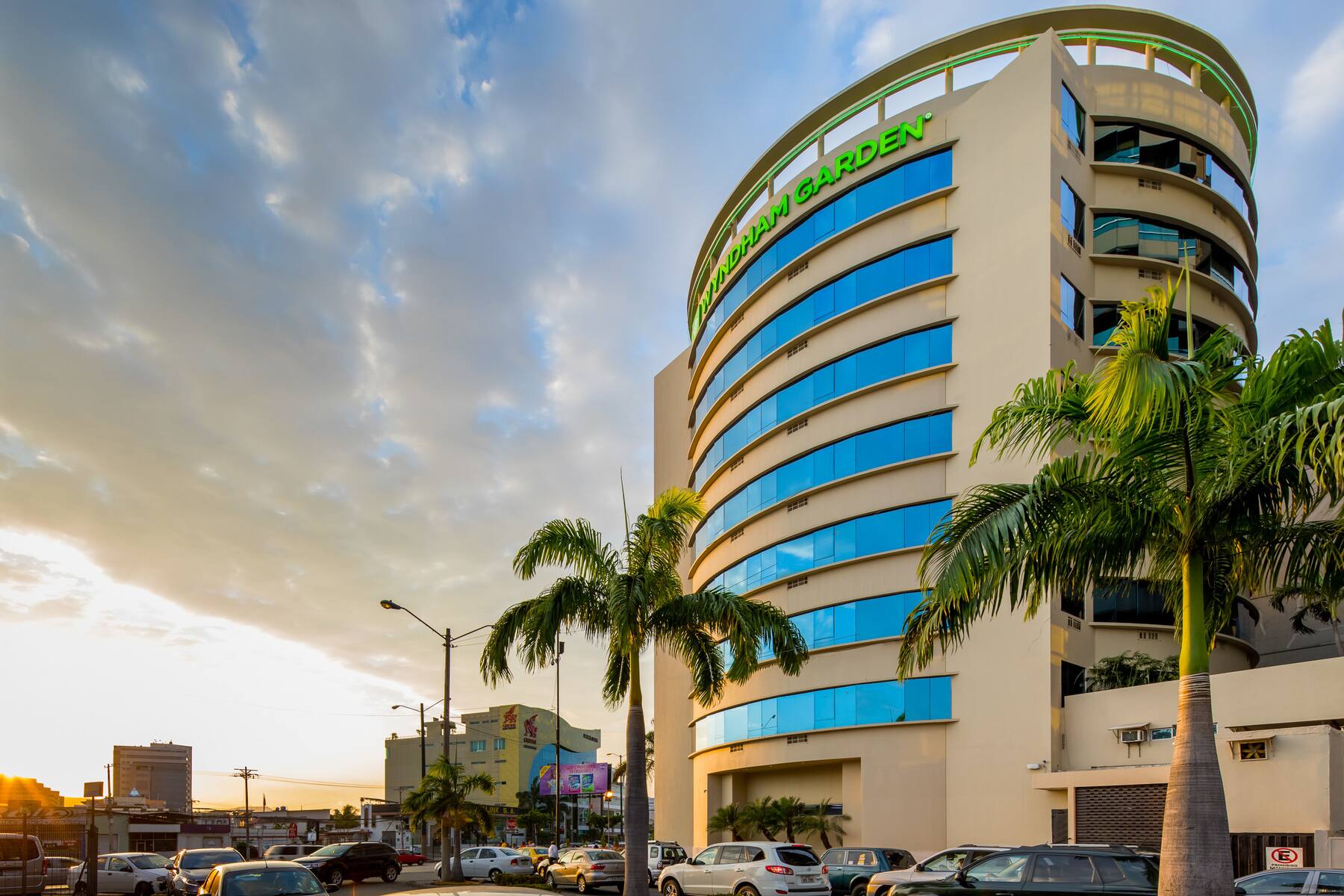
Wyndham Garden
Contact: José Manuel Ortiz
Mobile/Whatsapp: +593 (9) 8912 3180
E-mail: jortiz@sixstarhotels.com.ec
Reference: ICPRS 23 - Special Fee
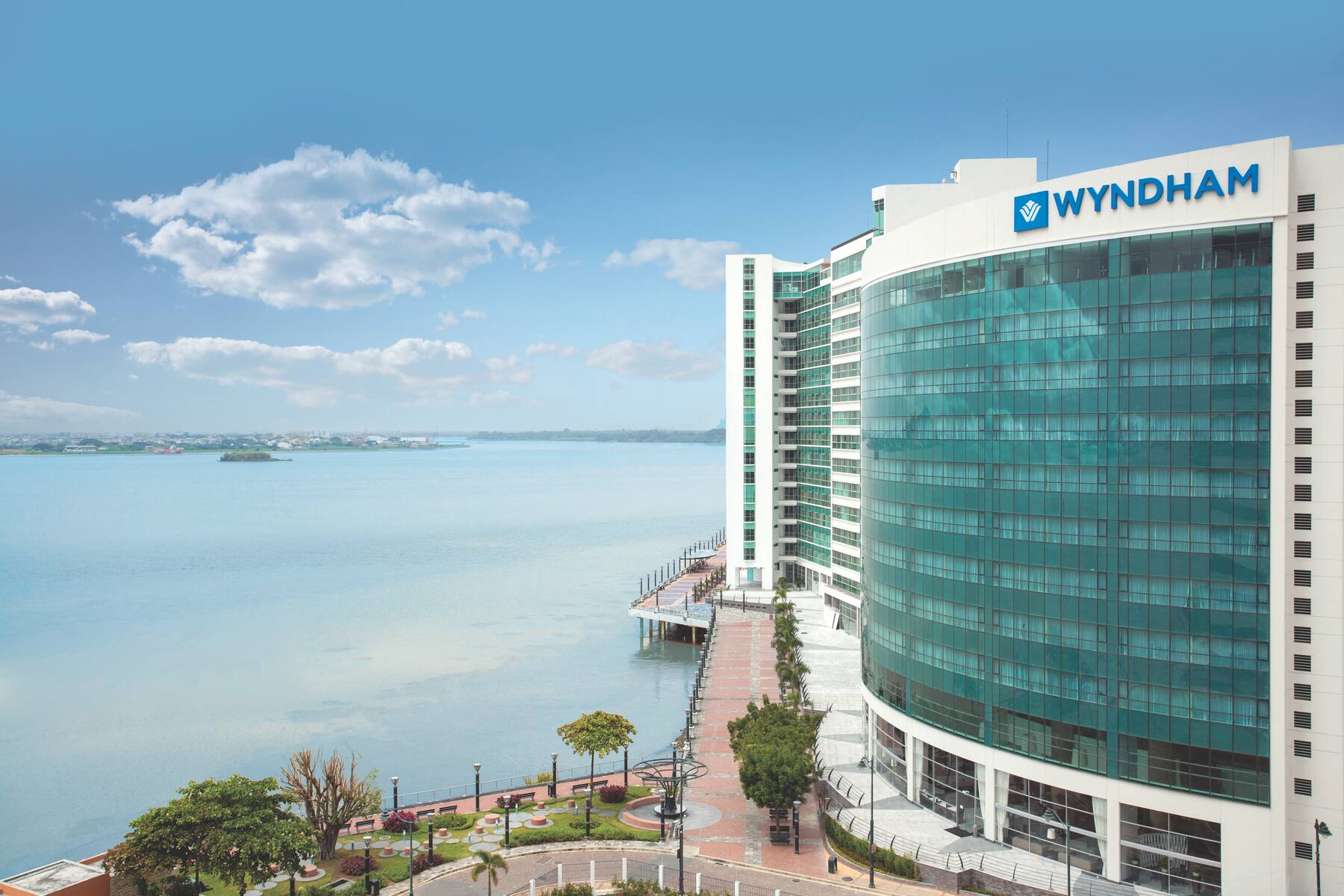
Wyndham Puerto Santa Ana
Contact: Joamely Zambrano
Mobile/Whatsapp: +593 (9) 8163 1549
E-mail: jzambrano@sixstarhotels.com.ec
Reference: ICPRS 23 - Special Fee
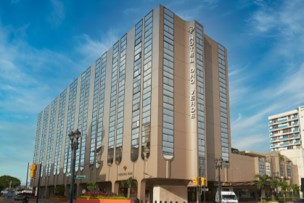
Hotel Oro Verde
Contact: Nathaly Villena
Mobile/Whatsapp: +593 (9) 98952920
E-mail: nvillena@hotelesoroverde.com
Reference: ICPRS 23 - Special Fee
Organisers
Local Chairs
Prof. Angel Sappa (Computer Vision Center/ESPOL, Spain/Ecuador)Prof. Boris Vintimilla (ESPOL, Ecuador)
Prof. Monica Karel Huerta (IEEE/Universidad Politécnica Salesiana, Ecuador)
General Chair
Prof. Sergio A. Velastin (Queen Mary University of London, UKUniversidad Carllos III, Madrid, Spain)
Technical Chair
Prof. Edwin Valarezo Añazco (ESPOL, Ecuador)
Jonathan Paillacho Corredores (ESPOL, Ecuador)
Darío Carpio Arévalo (ESPOL, Ecuador)
ACHIRP Chair
Dr. Cesar Astudillo (Universidad de Talca, Chile)
Workshops Chair
Prof. Enrique Pelaez (ESPOL, Ecuador)
Publications Chair
Prof. Yann Gavet (MINES Saint-Étienne, Saint-Étienne, France)
Regional Chairs
Dr. Márjory Da Costa Abreu (Sheffield-Hallam University, UK)Dr. Gustavo Fernández (Austrian Institute of Technology, Austria)
Prof. José García-Rodríguez (Universidad de Alicante, Spain)
Prof. Wilson Rivera (Universidad de Puerto Rico, Puerto Rico)
Dr. Matilde Santos (Universidad Complutense de Madrid, Spain)
Dr. Clovis Tauber (UMR U1253 iBrain, Univ. Tours, Inserm, Fance)
Dr. Maria Trujillo (Universidad del Valle, Colombia)
Prof. Qiao Wang (Southeast University, PR China)
Prof. M. Haroon Yousaf (University of Engineering and Technology Taxila, Pakistan)
Programme Committee
Prof. Lynn Abbott (Virginia Tech, USA)Dr. Amel Tuama Alhussainy (Northern Technical University, Iraq)
Dr. Hector Allende (Pontificia Universidad Catolica de Valparaiso, Chile)
Dr. Anastassia Angelopoulou (University of Westminster, UK)
Dr. Diego Aracena (Universidad de Tarapacá, Chile)
Ripudaman Singh Arora (Blue River Technology, John Deere, USA)
Dr. Juan Bekios-Calfa (Universidad Católica del Norte, Chile)
Dr. Jose Bernal (DZNE, Germany)
Prof. Marie Beurton-Aimar (University Bordeaux, France)
Dr. Attallah Bilal (M'sila University, Algéria)
Dr. Larbi Boubchir (University of Paris 8, France)
Dr. Francois Bremond (INRIA, Sophia Antipolis, France)
Dr. Maria Elena Buemi (Universidad de Buenos Aires, Argentina)
Deisy Chavez (Universidad de Leon, Spain)
Ricardo Contreras (Universidad de Concepción, Chile)
Dr. Ing. Stefania Cristina (University of Malta, Malta)
Dr. Ana Maria Cuadros (Universidad La Salle, Peru)
Prof. Johan Debayle (Ecole Nationale Supérieure des Mines de Saint-Étienne, France)
Dr. Varuna De Silva (Loughborough University London, UK)
Dr. Jose Delpiano (Universidad de los Andes, Chile)
Dr. Mohit Dua (National Institute of Technology Kurukshetra, India)
Prof. Tim Ellis (Kingston University, UK)
Dr. Jorge Espinosa-Oviedo (Politécnico Colombiano Jaime Isaza Cadavid, Colombia)
Dr. Ernesto Fabregas (UNED-Madrid, Spain)
Dr. Gonzalo Farías (Pontificia Universidad Católica de Valparaíso, Chile)
Dr. Carola Figueroa (Universidad del Bío Bío, Chile)
Prof. Alejandro C. Frery (Victoria University, New Zealand)
Dr. Mayssa Frikha (University of Sfax, Tunisia)
Dr. Thierry Garcia (INP Toulouse, France)
Dr. Walter Gomez (Universidad de la Frontera, Chile)
Dr. Paulo González (Universitad Católica del Maule, Chile)
Dr. Oscar Alberto Henao Gallo (Technical University of Pereira, Colombia)
Dr. Ruber Hernández García (Universitad Católica del Maule, Chile)
Dr. Jose Luis Jara (University of Santiago de Chile, Chile)
Dr. Martin Kampel (Vienna University of Technology, Austria)
Dr. Louahdi Khoudour (CEREMA, France)
Dr. Zheng Li (Stockton University, USA)
Nguyen Anh Minh Mai (CEREMA, France)
Prof. Dimitrios Makris (Kingston University, UK)
Prof. Antoine Manzanera (ENSTA ParisTech, France)
Dr. Lucio Marcenaro (University of Genova, Italy)
Prof. Stephen Marshall (University of Strathclyde, UK)
Dr. Jose Fco Martinez Trinidad (Instituto Nacional de Astrofísica Óptica y Electrónica , Mexico)
Prof. José M. Martínez (Universidad Autónoma de Madrid, Spain)
Dr. Marcelo Mendoza (Universidad Tecnica Federico Santa Maria, Chile)
Prof. Vladimir Milián Núñez (Universidad de las Ciencias Informáticas, Cuba)
Dr. Miguel Moctezuma-Flores (Universidad Nacional de Mexico, Mexico)
Prof. Jose Manuel Molina (Universidad Carlos III de Madrid, Spain)
Prof. Agustin Moreno (National University of Colombia, Colombia)
Dr. Sandrine Mouysset (University of Tours, France)
Dr. Thanh Phuong Nguyen (University of Toulon, France)
Prof. Mark Nixon (Southampton University, UK)
Prof. João Paulo Papa (São Paulo State University, Brazil)
Dr. Bhagath Parabattina (Lakireddy Bali Reddy College of Engineering Mylavaram, India
Dr. Sangho Park (Central Conneticut State University, USA)
M. Angélica Pinninghoff J. (Universidad de Concepcion, Chile)
Dr. Andrea Prati (Università di Parma, Italy)
Dr. Nicolas Ragot (Université de Tours/ LIFAT, France)
Miguel Andres Realpe Robalino (ESPOL, Ecuador)
Dr. Alejandro Restrepo (Universidad Nacional de Colombia (Medellin), Colombia)
Dr. Eraldo Ribeiro (Florida Institute of Technology, USA)
Sarahi Rosas Gonzalez (University of Tours, France)
Dr. Santanu Roy (Manipal University Jaipur, India)
Prof. Rodrigo J. Salas Fuentes (Universidad de Valparaiso, Chile)
Dr. César San Martín (Universidad de la Frontera, Chile
Dr. Domenico Sorrenti (Universita di Milano - Bicocca, Italy)
Prof. Pierre Spiteri (INP Toulouse, France)
Dr. Patricia Suarez (ESPOL, Ecuador)
Prof. Jinshan Tang (Michigan Technological University, USA)
Dr. Vinay Kumar Venkataramana (Ivis Labs PVT Ltd., India)
Mag Luis Alberto Vives (U. Peruana de Ciencias Aplicadas, Perú)
Dr. Juan Zamora (Pontificia Universidad Católica de Valparaiso, Chile)
Dr. Pablo Zegers (Aparnix, Chile)
Frequently Asked Questions
-
Will the event will be ONLY online?
No. We expect this to be a hybrid event, with the option to participate online to allow many people (specially students and young researchers) to participate who otherwise would have been unable to. We invite researchers worldwide to submit their novel articles.
-
Is there any facility for students to submit articles?
Students are encouraged to submit papers. If they are the first author they can be submitted as "Student Papers" and would be considered for a special prize. For details about the registration fees, please check the Registration section
-
Will the conference be virtual, so a remote speaker can, not only present a paper but also watch the rest of the presentations?
Yes. Authors can present virtually and also attend (virtually) all other presentations and tutorials. Of course, people might choose to attend physically to benefit from face-to-face networking and to visit the wonderful city of Guayaquil!
-
Do I have to pay extra if I have more than one paper accepted?
Please refer to the Registration section for the detailed fee conditions.
-
Do you have information about registration for remote speakers?
As a hybrid event, everyone attending the conference can choose to either attend personally or virtually. The delegate fees , which we have kept as small as possible, help us cover the costs of publication, indexing and organisation. Please see the Registration section for details.
-
Will all accepted papers be indexed in IEEE Xplore and others?
As in previous versions of the conference, we expect that the papers will be indexed in Scopus and IEEXplore. Please note that only papers that are accepted AND presented AND associated to a delegate fee, will be sent to the publisher. It is very important that the papers are in the correct format and have been proof-read by a competent English speaker, as the publisher may reject poorly written papers or those that overlap significantly with previously published work.
-
Does a paper discussing the application of pattern recognition in the manufacturing industry (as a black-box, and not so much about which specific methods) fit your conference?
Yes! We welcome papers describing real-world applications of pattern recognition systems.
Previous ICPRS
- ICPRS-22
Saint-Étienne, France, (07-10/06/2022), DOI - ICPRS-21
Curicó, Chile, (17-19/03/2021), ISBN: 978-1-83953-430-0 - ICPRS-19
Tours, France (8-10/07/2019), ISBN: 978-1-83953-108-8 - ICPRS-18
Valparaiso, Chile (22-24/05/2018), ISBN: 978-1-78561-887-1
- ICPRS-17
Madrid, Spain (11-13/072017), ISBN: 978-1-51085-918-0 - ICPRS-16
Talca, Chile (20-22/04/2016), ISBN: 978-1-51082-562-8 - CCPR-14
Talca, Chile (10-14/11/2014), ISBN: 978-1-51081-143-0


